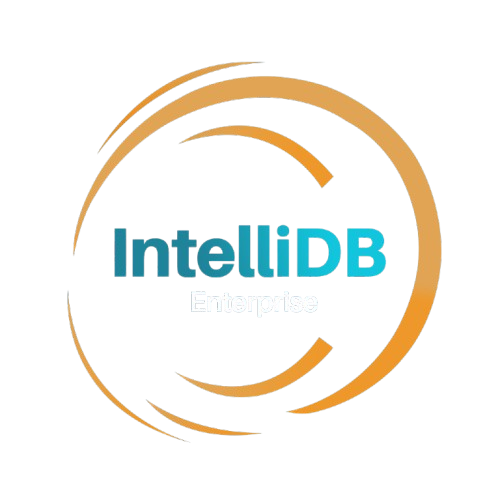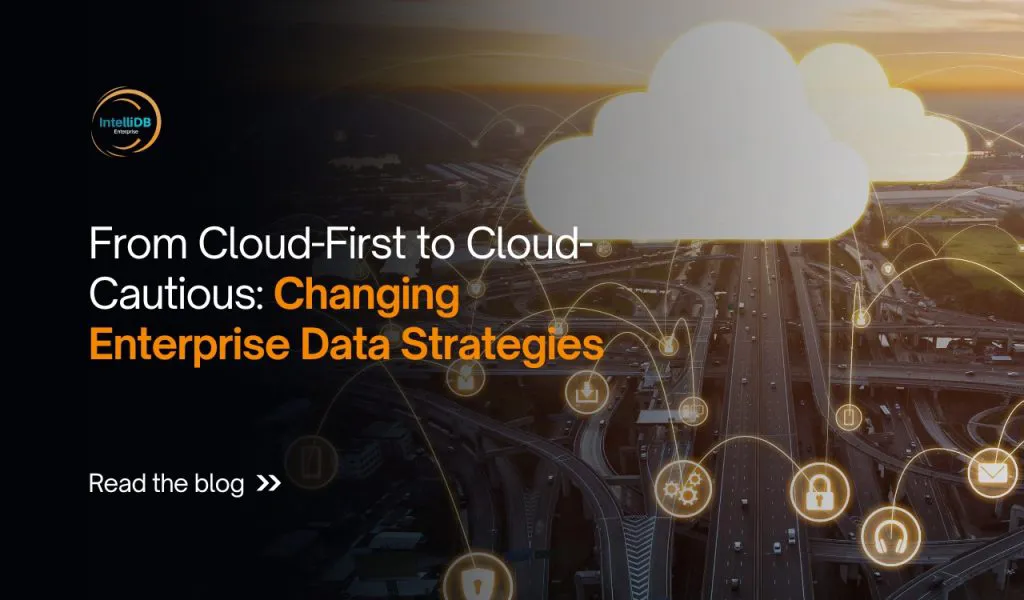Rethinking Business Operations with Data Sovereignty and an AI-Driven Approach
Following the pairings for the digital-transformation duet, cloud computing emerged with poison for that role. Enterprises flocked to public-cloud providers, hoping to capitalize on scalability, flexibility, and speed. However, a visible shift is now underway. Many businesses, especially those with critical operations, sensitive data, or regional compliance concerns, are beginning to pull back from public-cloud ecosystems.
So, what is driving this gradual migration from cloud infrastructure?
Put simply, with evolving notions about data sovereignty, AI-driven autonomy, clarity and transparency of cost, and platform control, there is a broad rethink going on with respect to building and maintaining business infrastructure.
The Cloud Conundrum: From Promise to Complexity
Cloud services promised reduced capital costs, infinite scalability, and managed services. When put into effect, most of these promises came to be; however, the operational realities offer a far more complex and unfavourable shadow understanding:
- Increased uncertainty in billing due to data egress fees and unpredictable spikes in service usage;
- Vendor lock-in; shifting infrastructure through engineering changes becomes prohibitively expensive or outright impossible;
- Compliance and governance gaps, on the other hand, for organizations working in regulated sectors;
- Performance bottlenecks for latency-sensitive AI workloads.
The Rise of Data Sovereignty in the AI Era
Businesses are re-appraising whether the public clouds remain the right option for the long-term strategy, especially as AI constitutes an enterprise in itself.
Data sovereignty means that data is under the jurisdiction and governance structures of the country in which the data is collected or processed. In an increasingly fragmented regulatory landscape-think GDPR (EU), DPDP (India), CCPA (California), data sovereignty is no longer an option; it is essential.
Enterprises using AI to process huge volumes of personal, transactional, or operational data now face a critical challenge: Where does that data stay? Who controls it? And how does that protection happen during the processing, training, and storage?
This gives IntelliDB the critical opportunity to shine. IntelliDB, a secure PostgreSQL-based database system for hybrid environments, makes it possible for organizations to:
- Keep full control of their data infrastructure
- Roll out AI workloads at the edge or on premises
- Comply with local data residency laws
- Guarantee performance and reliability with no cloud dependency
Why Businesses Are Choosing to Exit the Cloud
1. Regulatory Pressure & Compliance Risk
Industries like healthcare, finance, and public services face increasing regulatory demands. Linking sensitive data to foreign cloud servers, even if encrypted, poses further risks of a breach of compliance. IntelliDB thereby allows the setup of AI-ready databases either in sovereign jurisdictions, on-premises, or privately within the cloud, while preserving full control over where data is stored and also how it is processed.
2. Operational Cost Optimization
Cloud pricing is deceptive. The standard rhetoric is “pay as you go,” ironically turning into “pay as you grow (and grow…).” Operations that are heavy on data, such as AI model training or inference, require low-latency, high-throughput access to their databases. Maximizing egress fees and maintaining transparency to the consumers of resources, IntelliDB guarantees performance predictability and cost control.
3. AI Infrastructure Control
Proximity to clean and structured data is one of the defining traits of AI. Running AI inference or training pipelines on a generic cloud environment is going to incur latency, security risks, and performance issues. IntelliDB thus offers tight AI tool integration with vector search, JSONB, and time-series analytics for secure and fast AI workflows outside the cloud.
4. Vendor Independence and Interoperability
Locking in a single cloud provider may hold back innovation and portability. Companies today expect solutions that enable hybrid or multi-cloud operations and enable data portability. IntelliDB’s open-source nature and cloud-agnostic design provide companies the ability to build once and deploy everywhere.
Hybrid and Edge: The New Normal for Data-Driven Enterprises
Instead of becoming cloud-native in all respects or entirely on-prem, most businesses are following a hybrid model—locating AI and data-sensitive workloads near users and systems and leveraging cloud only where it creates value.
By putting IntelliDB at the center, companies can:
- Preserve AI performance and security with localized deployments
- Leverage centralized observability and control panels
- Scale selectively without over-subscribing to cloud resources
Conclusion: Autonomy, Intelligence, and Trust
Cloud computing transformed corporate IT—but it is not an end point. With AI as an increasingly business-critical function and data sovereignty coming to the forefront, organizations are reimagining their infrastructure to prioritize control, compliance, and agility.
IntelliDB presents a forward-looking model: a secure, scalable, AI-enabled platform that allows enterprises to execute intelligent operations on their own terms—cloud, on-prem, or at the edge.
The next innovation wave won’t simply be in the cloud. It’ll be wherever your data, intelligence, and control must be.

